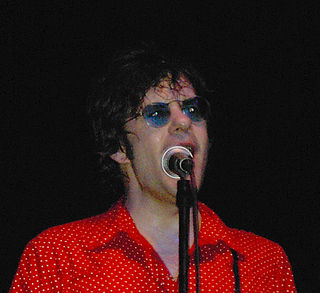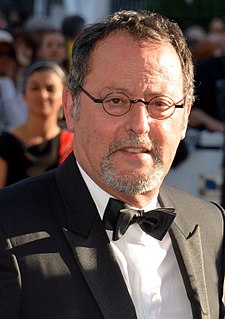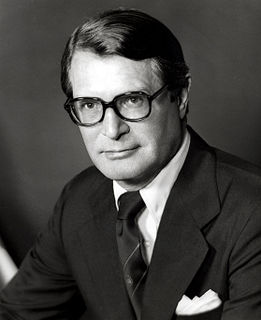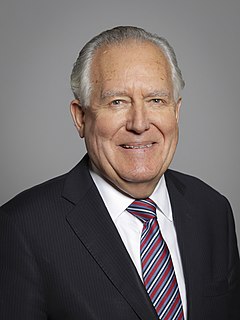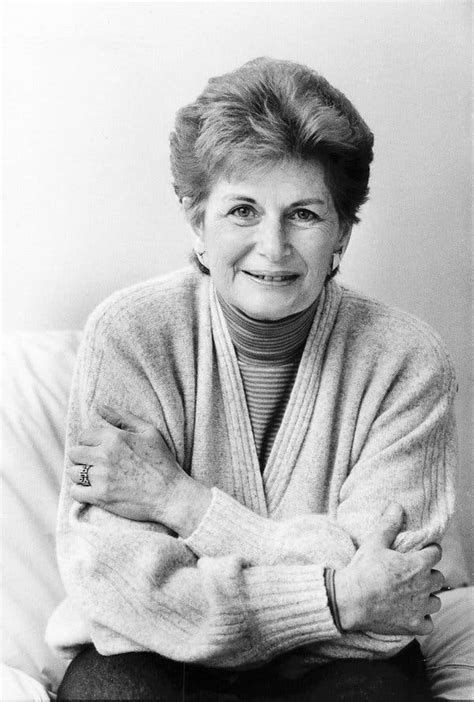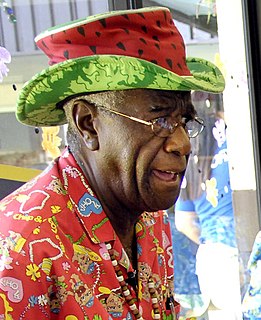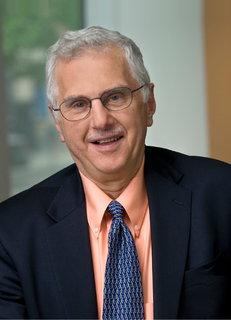A Quote by Park Chan-wook
In Korea is what I do is I watch the playback of each take with all of the actors and spend a lot of time discussing each take. Also, I use the process we call auto-assembly because I storyboard my entire film right at the beginning, even before pre-production ever begins, so my vision is already laid out on the storyboard for everybody to share. It enables the on-set assembly person, as we call them, to cut together each take into a sequence. This enables a director to review the take within the context of the sequence of the scene.
Quote Topics
Actors
Also
Assembly
Auto
Because
Before
Beginning
Begins
Call
Context
Cut
Director
Discussing
Each
Enables
Entire
Even
Ever
Everybody
Film
Korea
Laid
Lot
Out
Person
Pre-Production
Process
Production
Review
Right
Scene
Sequence
Set
Share
Spend
Storyboard
Take
Them
Time
Together
Use
Vision
Watch
Within
Related Quotes
Not only do I look at the playback with the actors, but I look at the on-set assembly footage with the sequences with my actors as well. These are the reasons why I take twice as much time to shoot a film in Korea. Thinking back, I remember on my first ever Korean film, I never used any playback or on-set assembly, so all I had to do was to tell myself it's just like making my first ever Korean-language film. After that, I felt right at home.
I generally go into a movie with a very strong vision, with how I want to make the film, how I want to shoot the film, how I want to edit the movie, what I want the sound to sound like. So I have a very concrete idea even if I don't storyboard it, I know exactly what I want to do once I get into the sequence. Now having said that, I try not to let that slave me to the process. So if I do storyboard a sequence I don't necessarily stick to it if I discover more exciting things on set.
By the fourth or fifth record there was not a lot of time to sit around. We [The Replacements] stopped rehearsing. We stopped getting together and rehearsing. We'd perform, and that would take it all out of us. Then we'd be done touring and we'd be sick of each other. We'd never call each other up and hang out.
Sometimes I take the watch, or I take the shoes, but usually the souvenir is to take the life you had with those directors, or the crew - the camera person, the lighting person. When you finish a film it's like a little death. You had a family for a bit, and you finish the movie and you probably will never see each other again.
I felt that what you should do is really take the best from each party's agenda and come to a solution somewhere above the positions of each party. So from the Left, take the idea that we need day care and food supplements for people on welfare. From the Right, take the idea that they have to work for a living and that there are time limits.
Of course there's a value in a storyboard if you do a big - let's say an action movie and actors have to move and act in front of a green screen because entire backgrounds exploding and cars flying through there have to be created separately, and in this case you better make sure the actors are precisely placed and the background action is moving in a certain moment, for this type of film you would need a storyboard.
So, absolutely, [my Dad] will call and say, "I just got offered this or that and what do you think?" My Mom [Lisa Bonet] will do the same. And we all trust each other's opinions. And we all know each other so well and what we're capable of so, if someone's scared to do something, we encourage them to take that chance because we believe in each other as a family.
Each time I?m coming out of my apartment I remember the quote of Coco Chanel; she said, ?Each time I?m leaving my apartment or my hotel, I?m looking at myself in the mirror and I take off one piece of my look. It?s always one thing too much.? And it?s a bit the same, always I take off my scarf or I take off my bag or jewellery because I like it simple. Coco Chanel is a great consultant I think.
We have always underestimated the cell...The entire cell can be viewed as a factory that contains an elaborate network of interlocking assembly lines, each of which is composed of a set of large protein machines...Why do we call [them] machines? Precisely because, like machines invented by humans to deal efficiently with the macroscopic world, these protein assemblies contain highly coordinated moving parts.


